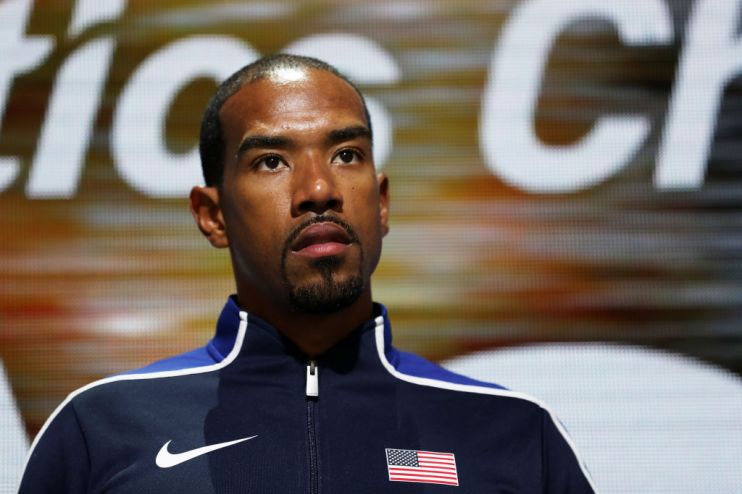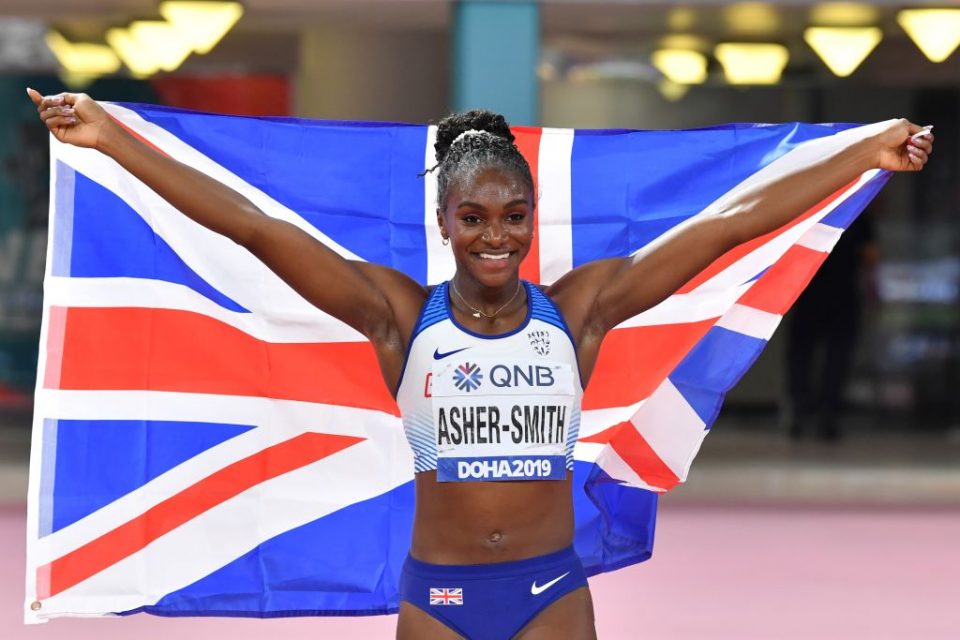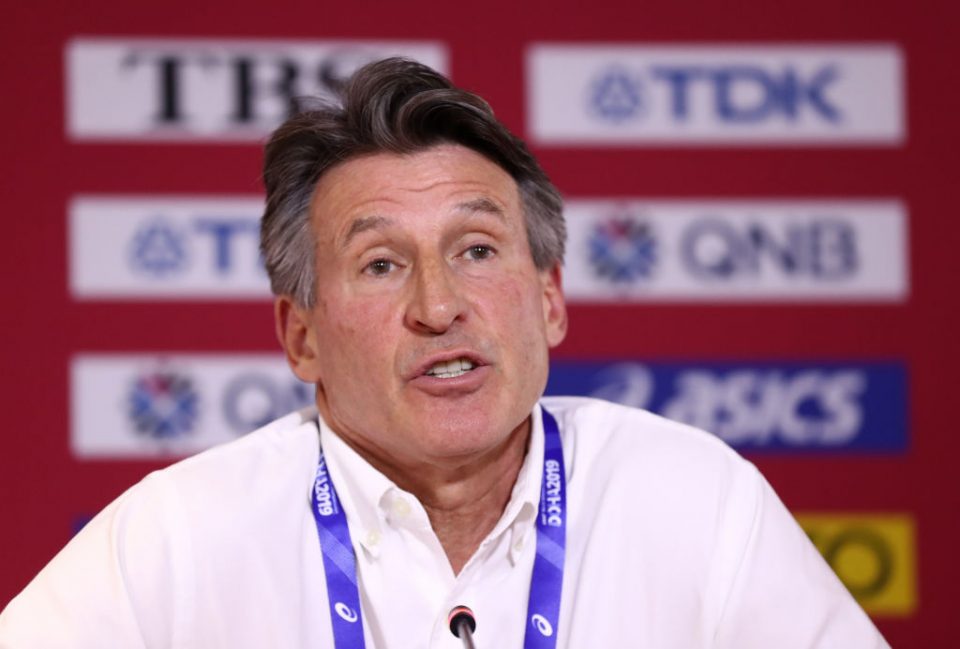World of athletics in uproar and unionising after IAAF decides to cut major events from Diamond League meetings

Athletics is not in a happy place at the moment.
Having spent the past few months reeling from criticism for staging this year’s World Championships in Qatar and the still-unfolding scandal that is Nike’s Oregon Project, the sport ran headlong into yet another obstacle last week.
While not as serious as issues like migrant workers’ rights, doping violations and allegations of widespread athlete abuse, the announcement that governing body the IAAF would no longer feature the 200m, 3,000m steeplechase, discus and triple jump at all of its Diamond League events next year has sparked a fresh wave of anger in the sport.
Market demands evolution
Lord Coe, the IAAF president and Diamond League chairman, said the decision to cut the disciplines from the core programme was taken to “create a faster-paced, more exciting global league that will be the showcase for our sport”. Essentially, the idea is to shorten meetings to 90 minutes to please broadcasters.
Online research and surveys were conducted and social media traffic analysed to determine which events got the chop.
Read more: How England selector Ed Smith hopes to find an edge in sport
The 200m – discipline of rising stars such as Britain’s Dina Asher-Smith and American Noah Lyles – was dropped because appearing alongside the 100m would make the schedule “too congested, particularly in an Olympic Games year,” while the others were the least popular in survey results.

In response to criticism, IAAF chief executive Jon Ridgeon said the “market demanded that the Diamond League product now evolve” and pointed to a new one-day meeting, The World Athletics Continental Tour, as ample compensation to those athletes who will be cut off from major Diamond League events in 2020.
Ridgeon believes these decisions have already born commercial fruit. In September, Wanda Group announced a 10-year title sponsorship of the Diamond League from 2020 – a deal which will end an eight-year period without a headline commercial partner.
‘Killing careers’
These explanations have not done much to placate the aggrieved athletes, however.
The Global Throwing Group, which represents javelin, shot put and discus competitors, accused the IAAF of “seriously destroying the historical and cultural heritage” of athletics because of “some short-term marketing strategy”.
Kenya’s Beatrice Chepkoech, the women’s 3,000m steeplechase record holder, said the move would “kill careers” in east Africa. British triple jump world record holder Jonathan Edwards said to “alienate one of the sport’s true stars” in American Christian Taylor was “beyond comprehension”.
Three-time reigning triple jump world champion Taylor went a step further, launching an athletes’ union to fight the changes.
The Athletics Association, which has been backed by Britain’s 200m world champion Asher-Smith among others, hopes to “gain a seat at the table and help shape the future of the sport for the better”.

“Our sport is about unity and diversity and separating the events can only damage this sport we all love,” Taylor wrote.
“At the moment we, the athletes, have no power. Yes there is an Athletes’ Commission but we need something independent of the IAAF and World Athletics.”
Until recently, most athletes were concerned by the fight to qualify for the Tokyo Olympics, now just eight months away.
But the reality now is that many face another fight, away from track and field, to simply try and preserve their place on athletics’ world stage.
Main image credit: Getty Images